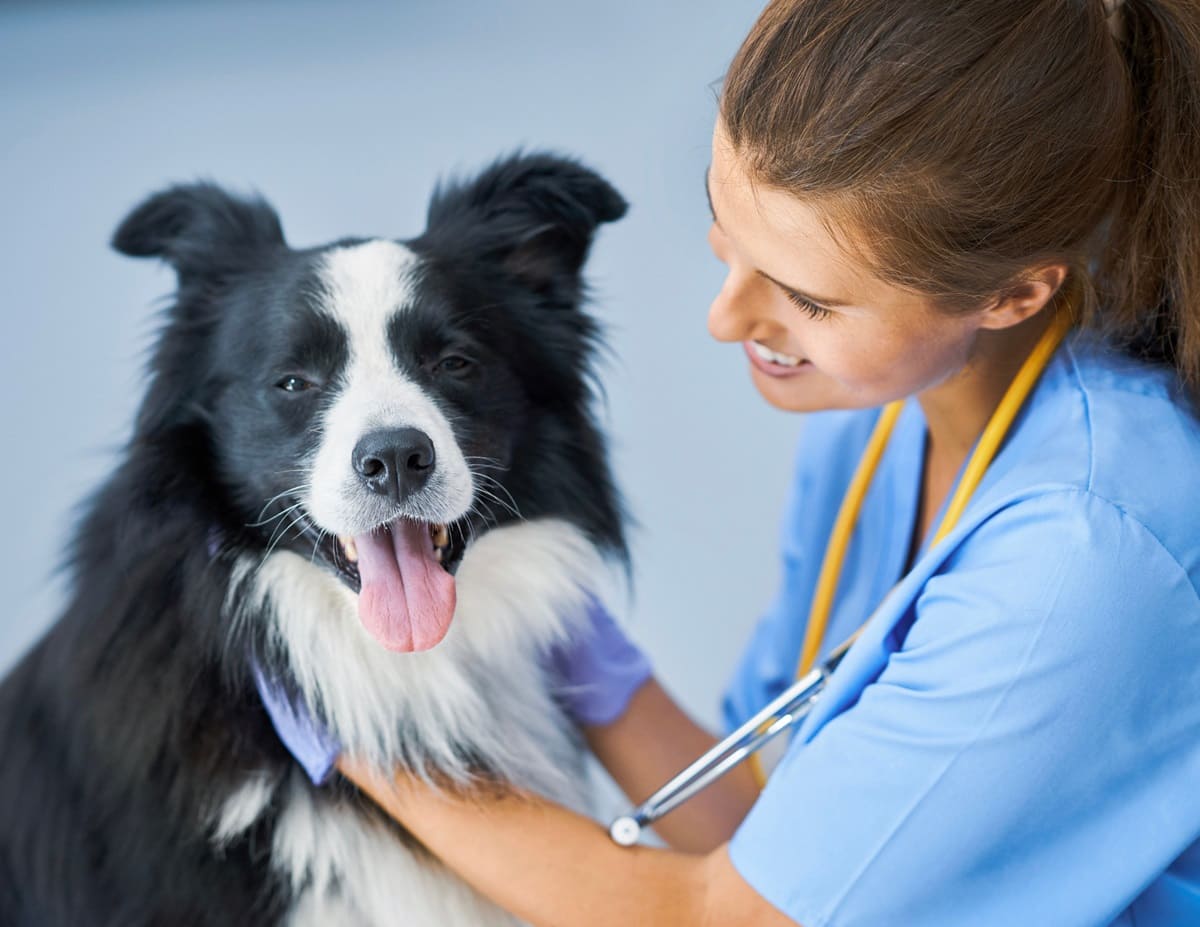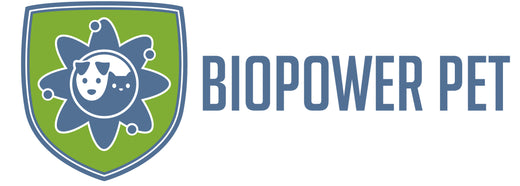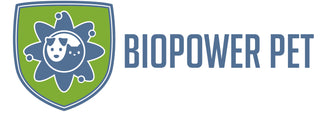Nutrition Tailored to Age: Crafting a Senior-Specific Diet

A senior-specific diet is one that may not suit every senior pet but it incorporates specific nutritional requirements that are meant to support good overall health and wellness. Every senior pet is different, with varying nutritional challenges and health considerations, and whether you are feeding a senior dog or a senior cat, their dietary needs are going to change as they age.
As a committed pet owner, it’s up to you to recognize these changes and understand how to craft a senior-specific diet to accommodate the changes your pet is going through as they enter their senior era.
Calorie intake will typically decrease at this point in time and knowing what your pet needs in order to remain healthy, energetic, and preserve a good quality of life means knowing what to increase, what to decrease, and how to adjust to meet the specific needs of your senior pet.
As our pets age, it may become more difficult to get the nutrients they require because they start to have trouble digesting proteins and fat. This means pet owners need to think about alternatives for ensuring that aging pets continue getting the vitamins, minerals, and other nutritional benefits from the foods they consume. In some cases, supplements may be necessary to meet their dietary needs.
Discussing your pet’s dietary changes and nutritional requirements with your veterinarian is always a good place to begin as he or she will have important data about your pet that can make customizing a senior-specific diet more effective and beneficial.
Controlling Caloric Intake and the Calorie Needs of Your Aging Pet
Senior pets typically slow down with age, their energy tends to wane and they aren’t as active as they were at a younger age. That means you need to start reconsidering their caloric intake because it will be harder to burn those calories off which can lead to weight gain.
Obesity in senior pets puts a tremendous strain on their physical well-being and excessive weight can also put your pet at risk of developing serious health issues like osteoarthritis, kidney disease, and cancer.
But you also don’t want your pet to become malnourished by feeding them too little and failing to provide them with the minimum recommended daily allowance of nutrition. So it’s going to take some careful observation on your part to monitor your pet and see how they respond to changes in their dietary needs. Veterinarians recommend a reduction in caloric intake at roughly 20% to 25% fewer calories daily to reduce the health risks brought on by age. You want to keep the pet a healthy weight without losing muscle mass.
Controlling your pet’s caloric intake requires focusing only on the nutrients that are necessary for maintaining a healthy weight and muscle mass.
Protein is Paramount
Aging dogs and cats both require the proper amounts of protein in their diet to remain healthy and fit. Senior pets can start to lose their lean body mass in their golden years because the body tends to stop synthesizing protein by itself, therefore it becomes more important to increase the amounts of protein that aging pets consume in their diet.
Your veterinarian can help determine if your pet is losing muscle tissue, even if your pet’s physical appearance hasn’t shown any drastic changes. A loss of lean body mass can be an indicator that your pet is at a higher risk of cancer, heart disease, and kidney disease, the leading causes of death in senior pets, especially cats.
The Importance of Healthy Fats
Aging pets can also have difficulty digesting fats and since dogs and cats are unable to produce fatty acids on their own, a senior-specific diet contains a minimum of 1% to 2% of dietary fat to supply the Omega-3 fatty acids that support cell function and proper physiologic function.
Omega-3 fatty acids can provide much-needed support for pets with osteoarthritis and joint stiffness and pain which can limit mobility in your senior dog or cat. Reduced mobility due to pain or discomfort in the joints often results in a lack of physical activity which, in turn, leads to weight gain.
A good fish oil supplement from wild salmon or whitefish can be an excellent source of Omega-3 fatty acids - which are also great for the health of your pet’s skin and coat.
Portion Control and Your Aging Pet
Expanding further on the importance of portion size, reducing the amount you feed your pet in their younger years will depend on the amount of physical activity they continue getting in their senior years. Aging pets slow down and don’t have the energy or the capability for the same levels of activity they once had and this can affect how much food they need to consume on a daily basis.
Pets who have been able to free-feed will likely need to be adjusted to a portion diet that limits their daily caloric intake. Developing a healthy portion-fed diet with your veterinarian will ensure that your pet is getting the nutrition needed for their particular dietary requirements.
Sodium and phosphorus levels will need to be adjusted for aging pets, especially cats, who need these nutrients in their diet but too much sodium can lead to health issues. Dogs should also keep their sodium intake in check.
Good Nutrition for the Long-Term
Taking these recommendations into consideration can help you provide the most nutritious and healthy diet for your senior pet. Food is obviously important but plenty of water is another vital component of good nutrition for aging pets.
Senior dogs and cats need plenty of hydration but their sensitivities to thirst can start to become impaired with age, so always have plenty of fresh water available either in bowls or in a fountain that attracts your cat to drink. Wet foods can also help ensure that your senior dog or cat is getting both the nutrition they need and the hydration that will keep them healthy and extend their lifespan.

